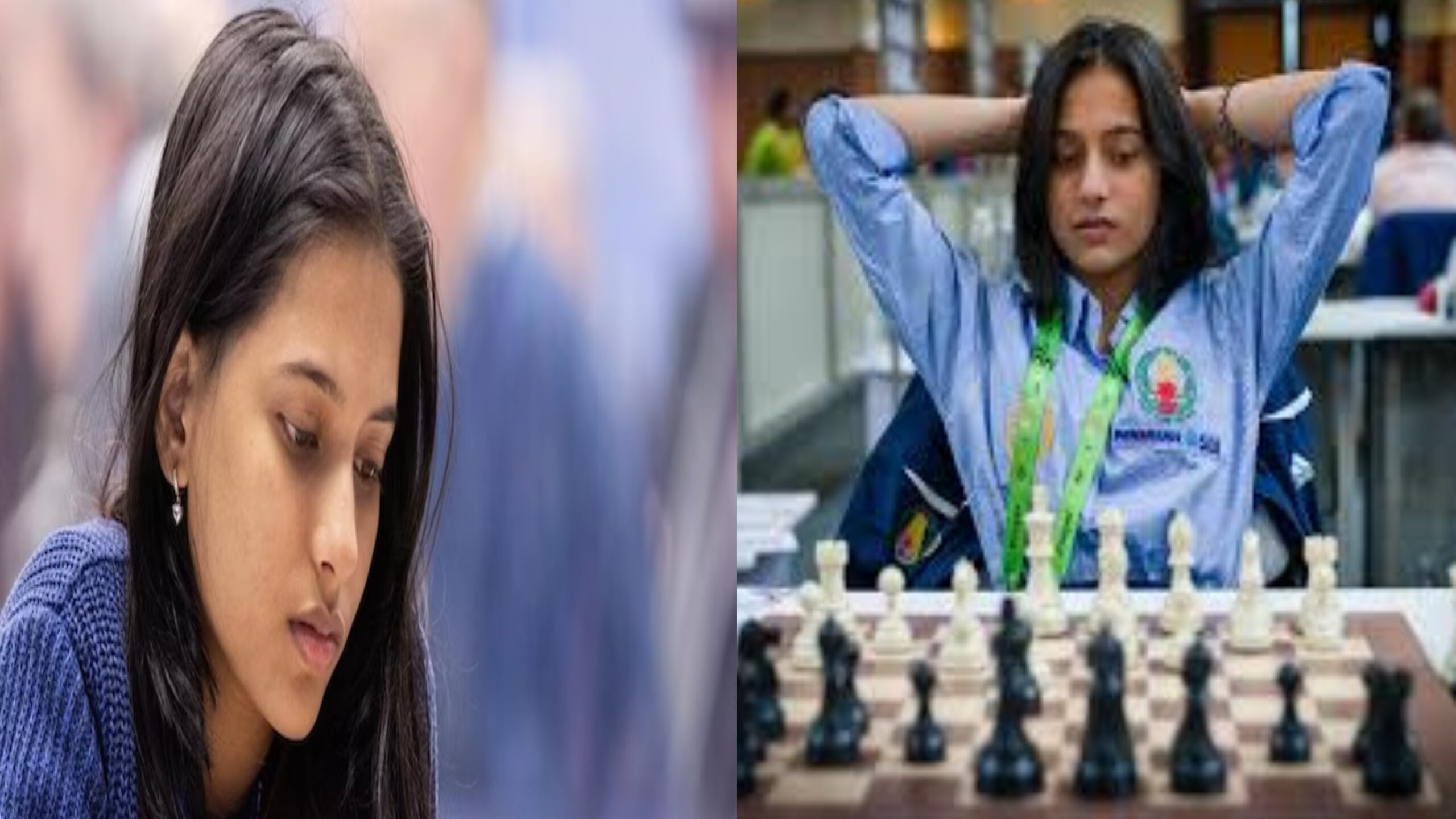Indian International Master Divya Deshmukh, an 18-year-old chess prodigy from Nagpur, recently spoke out against the prevalent sexism she encountered during the Tata Steel Masters in Wijk Aan Zee, Netherlands. Deshmukh, who clinched the Asian women’s chess championship in the previous year, took to Instagram to share her disheartening experience, highlighting the unwarranted attention on her appearance rather than her gameplay.
In a detailed social media post, Deshmukh shed light on the pervasive misogyny faced by women chess players, emphasizing how spectators at the tournament seemed more interested in critiquing her attire, hairstyle, and accent rather than acknowledging her strategic prowess on the chessboard. Expressing her frustration, she mentioned that she had been contemplating addressing this issue for a while but chose to wait until the tournament concluded.
Deshmukh recounted a specific incident during the Tata Steel Masters where her notable performances were overshadowed by the audience’s fixation on her personal attributes.She expressed her disappointment, saying, “I was involved in some games that I thought were really good and I took pride in them. However, I was informed that instead of concentrating on the game, the audience was preoccupied with everything else – my outfit, hairstyle, way of speaking, and all other unrelated aspects.”
Despite her accomplishments in the Challengers section, finishing 12th with a score of 4.5, Deshmukh pointed out the stark contrast in the treatment of male and female players. While male players received attention primarily for their strategic acumen, female players found themselves subjected to judgments about their appearance and personal traits unrelated to their chess skills.
Expressing her disappointment, Deshmukh highlighted the unequal scrutiny faced by women in interviews, stating, “I felt it was unfair in a way because if I go to any guy’s interview there would be way less judgment on a personal level, actual compliments about the game and the player.” She emphasized the need for equal respect for women in the chess community, underscoring the prevalent gender bias that often sidelines their achievements in favor of superficial considerations.
Deshmukh’s critique extended beyond her personal experience, addressing the broader issue of sexism in women’s sports. Despite strides in improving pay scales for female athletes, she highlighted the persistent problem of sexist behavior, with women often being questioned about their outfits rather than their athletic accomplishments.
She pointed out that women players, in general, face under-appreciation and endure unwarranted hatred, with every irrelevant aspect being scrutinized and criticized. Deshmukh underscored the stark contrast in how male and female athletes are treated, with women frequently facing judgment for aspects that have no bearing on their sportsmanship. The teenage chess sensation expressed her dismay at the pervasive nature of such discrimination, stating, “I think women face this on a daily basis, and I’m barely 18.”
In conclusion, Deshmukh called for a shift in mindset and advocated for equal respect for women in the world of chess. Her candid account of the challenges faced by female players sheds light on the need to focus on their skills and accomplishments rather than perpetuating gender stereotypes and biases. As the chess community reflects on Deshmukh’s experience, it serves as a reminder to address and rectify the systemic issues that hinder the progress of women in sports, ensuring a fair and equitable environment for all players.

